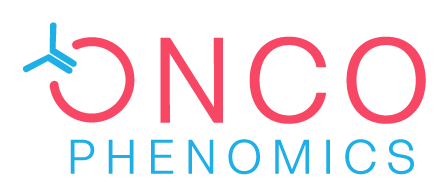Cancer remains a formidable adversary, constantly evolving to evade our efforts at eradication. The mechanisms that enable tumor cells to thrive—ranging from genetic mutations and chromosomal instabilities to alterations in key enzymes and proteins—can be targeted for therapeutic benefit. This understanding paved the way for the advent of precision oncology more than two decades ago, marking the beginning of what is now referred to as “Precision Oncology 1.0.”
Despite significant progress since those early days, the full potential of personalized medicine has yet to be realized. Currently, only about 14% of cancer patients are eligible for existing precision therapies, and a mere 7% experience tangible clinical benefits.
To address these limitations, the field is transitioning into “Precision Oncology 2.0,” which aims to deliver more effective and targeted treatments by focusing on the unique drivers of cancer in individual patients. This new era emphasizes the development of drugs that interact with validated cancer targets with improved selectivity and optimized pharmaceutical properties, enhancing both safety and efficacy.
Advancements in molecular profiling technologies have revealed thousands of recurrent genetic mutations that play crucial roles in cancer progression. While some therapies have emerged from this knowledge, many important targets remain undruggable, and existing treatments often fail to provide optimal benefits.
Innovative clinical trial designs, such as basket, umbrella, and platform trials, are being developed to better match therapies to specific biomarkers. These approaches aim to provide more customized treatment options for patients, although challenges remain in their implementation and clinical effectiveness.
Furthermore, the integration of artificial intelligence and machine learning into drug discovery is enhancing our ability to analyze complex datasets, potentially revealing new therapeutic targets that were previously overlooked.
In summary, while precision oncology has transformed cancer treatment and research, there is still much work to be done. Continued advancements in our understanding of tumor biology, along with the development of more effective targeted therapies, are essential for fulfilling the promise of personalized medicine and improving outcomes for cancer patients.
Citations:
[1] https://www.scorpiontx.com
[2] https://lumanity.com/perspectives/fireside-chat-with-axel-hoos/
[3] https://www.biospace.com/article/releases/scorpion-therapeutics-launches-with-108-million-to-advance-precision-oncology-2-0/
[4] https://www.mdpi.com/journal/ijms/special_issues/precision_oncol_2
[5] https://journal.binayfoundation.org/article/33571-precision-oncology-in-colorectal-cancers-therapeutics-and-beyond

